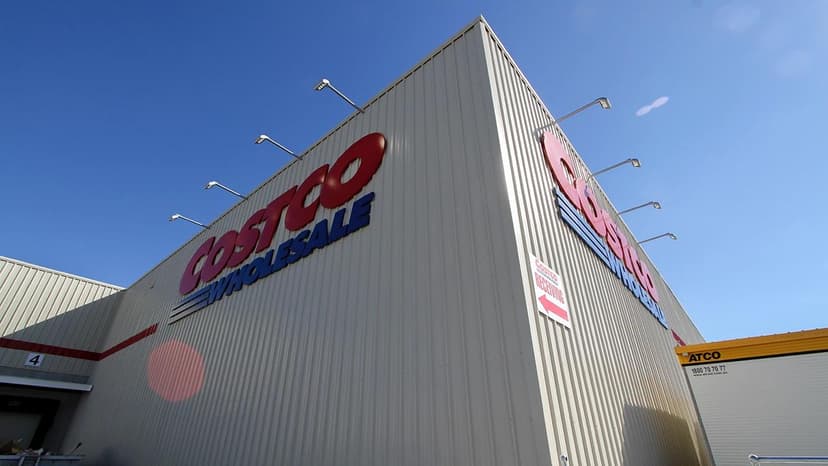Smart or Sneaky? The Debate Over Watching TV and Returning It Post-Christmas
The holiday season is marked by a busy buy and return cycle that peaks after Christmas. Among the returned items, televisions frequently stand out as a key part of family entertainment. Some consumers have adopted a controversial tradition: purchasing a TV for the holiday season and then returning it for a refund. Is this practice clever shopping or a deceptive action that retailers should be mindful of?
The Appeal of Temporary Tech
Why do people engage in this practice? The reasons vary among individuals. The holiday season is a time for families to gather, watch classic movies, play video games, and enjoy special broadcasts together. A large, high-quality TV can enhance these experiences. Additionally, significant sales make premium TVs more affordable during this time.
Some customers claim they are simply 'testing' the product, taking advantage of extended return policies. Retailers such as Best Buy and Walmart often allow returns on purchases made in late November well into January, which encourages this buying trend.
The Convenience or the Con?
This behavior can be viewed as pushing convenience to the extreme. Companies design return policies to instill confidence in their products, not to enable temporary borrowing. Picture this: a new television is set up at home, becoming the center of holiday joy. After the festivities, it gets packed up and returned.
Is there an ethical dilemma here? One might ask: Are you truly a customer, or are you just borrowing the product under the pretense of being a buyer? It resembles hosting a dinner party with rented china, then returning it after use.
A Seasonal Strain on Retailers
Retailers are aware of the trends around holiday buying and returning. Many impose restocking fees or restrictions on certain products to discourage this behavior. Still, the burden from returns can weigh heavily on resources. Handling returns involves labor, refurbishing products, and managing potential losses, especially if items cannot be resold as new.
Moreover, widespread borrowing practices can lead retailers to tighten return policies or raise prices. Such changes can negatively affect all consumers.
The Sustainable Perspective
Besides economic and logistical challenges, a broader issue exists: sustainability. Electronics have a significant environmental impact due to manufacturing, packaging, and delivery. The journey of a TV from warehouse to home and back contributes to carbon emissions. If a returned TV cannot be sold as new, its value diminishes, contributing to waste.
Making intentional decisions, like keeping a television for its expected lifespan, can be beneficial for the planet, well beyond the holiday season.
The Fair Use Factor
Before opting for that large screen for a temporary upgrade, consider fair use. If you feel tempted to use return policies for seasonal gain, reflect on the wider implications of this action. The fleeting satisfaction of high-end tech could turn into lasting negatives for everyone involved.
There is a difference between savvy shopping—finding deals and using legitimate sales—and taking advantage of return policies through questionable holiday conduct.












